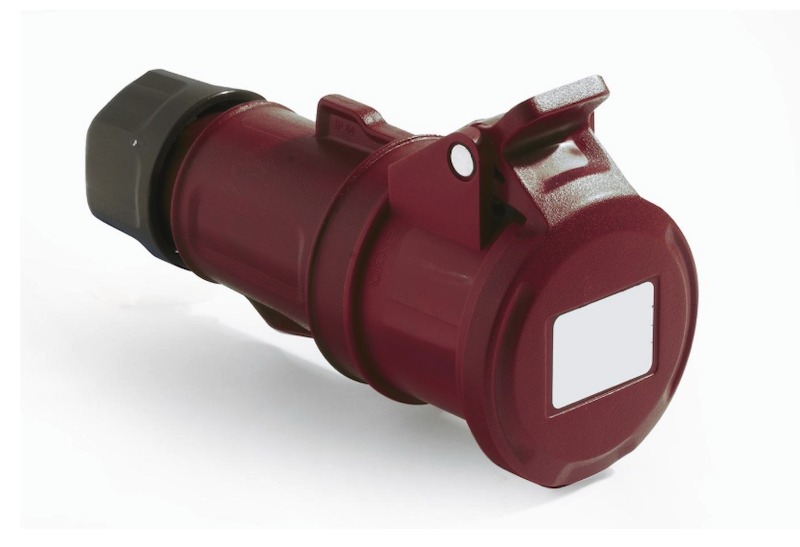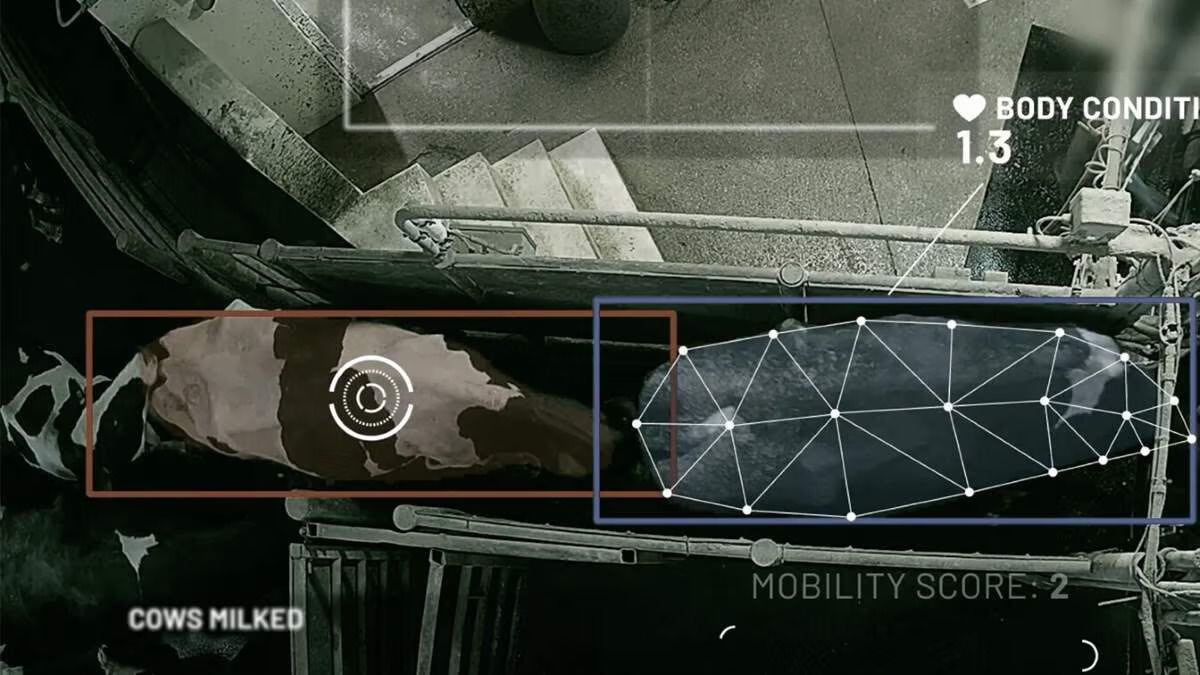
Industrial power connectors play a critical role in maintaining the stability and efficiency of industrial operations. These connectors are specially designed to provide reliable power delivery to heavy-duty equipment, ensuring that operations remain uninterrupted even in challenging environments. This article explores the essential features of industrial power connectors and offers guidance on selecting the right connectors for various applications.
What Are Industrial Power Connectors?
Industrial power connectors are robust alternatives to standard electrical connectors typically found in residential settings. Their construction allows them to handle higher power loads, making them suitable for powering industrial machinery. Unlike standard connectors, industrial power connectors are engineered to withstand harsh conditions, including exposure to dust, moisture, and vibrations.
The design of these connectors ensures not only a stable connection but also enhances safety by preventing accidental disconnections. They often feature locking mechanisms that secure the connection, making them ideal for environments with vibrating equipment such as motors and conveyors.
Key Features and Benefits
One of the standout qualities of industrial power connectors is their durability. These connectors are crafted from materials that offer excellent insulation and protection against environmental elements. Many connectors come with an IP rating, which indicates their resistance to dust and moisture. This rating is crucial for operations in environments that may expose equipment to challenging conditions.
Industrial power connectors are capable of handling significant power loads, which is essential for equipment such as motors and servo drives. Their design focuses on minimizing downtime during installation and maintenance, allowing for quick replacements without the need for extensive rewiring or system shutdowns.
Choosing the appropriate industrial connector is vital, as it impacts overall safety, equipment uptime, and long-term reliability. The selection process should begin with confirming that the connector can carry the required load without overheating or causing a voltage drop. This assessment typically hinges on three critical factors: the connector’s specifications, the environmental conditions, and compatibility with existing equipment.
In industrial settings, connectors face various challenges, including exposure to dust, vibrations, UV light, and moisture. To ensure reliable performance, it is important to select connectors that are specifically designed for the environment in which they will operate.
When evaluating connectors, consider the following aspects: the pin configuration, the installation format (such as panel-mount, surface-mount, or inline), and the size and type of cables that will be used. These factors play a crucial role in ensuring that installations are straightforward and that future servicing or replacements can be executed with minimal disruption.
In conclusion, industrial power connectors serve as a vital link in maintaining the efficiency and safety of industrial operations. By understanding their features and the importance of selecting the right connectors, businesses can ensure that their equipment remains powered and operational, even in the most demanding conditions.






